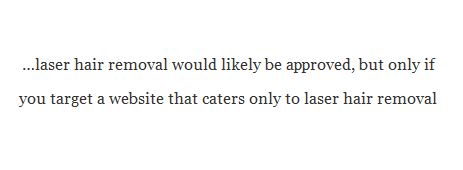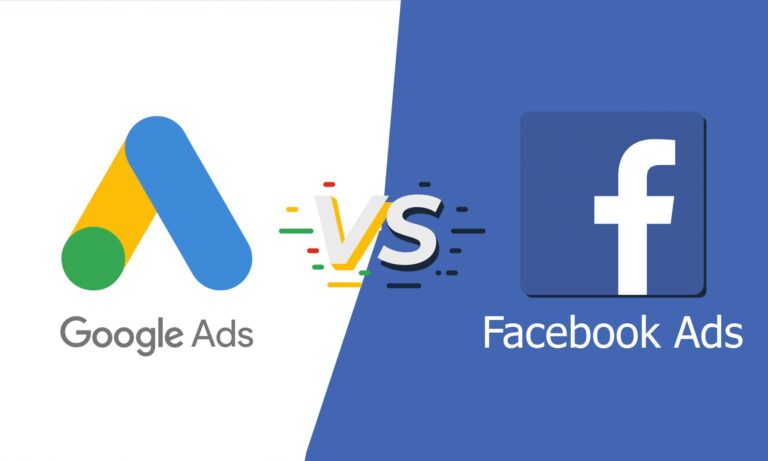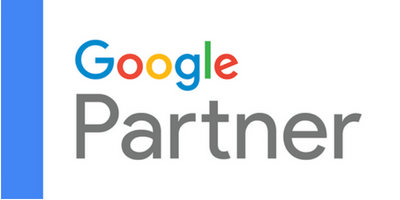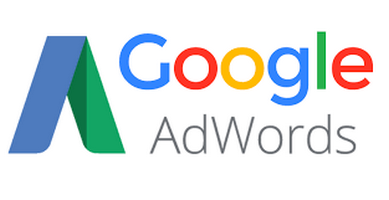
You’ve probably seen this before. You visit a website and then a couple days or a couple weeks later you see that same company’s ads on another website. This can be creepy to some, especially if it’s an ecommerce site that’s displaying specific products that you looked at (I’m referring to you, Amazon).
Naturally, this begs the question, can cosmetic and medical practices use re-marketing? Does Google even allow it? Is it HIPAA compliant? For starters, this is what Google mentions on their re-marketing policy page:
What’s prohibited:
In creating remarketing lists, sites or apps that specifically advertise either a pharmaceutical drug or run awareness pages for disease information or prevention aren’t permitted to use remarketing. For example, these sites or apps wouldn’t be allowed to create remarketing lists:
- Sites or apps promoting awareness for diseases
- Sites or apps for drugs marketed directly to consumers
- Sites or apps selling wellness-based products that are sensitive in nature
- Sites or apps that sell medical devices for the treatment of a specific medical condition (such as sleep apnea)
- Sites or apps that market to a specific health-related group (such as those with incontinence or other conditions)
This is somewhat vague as it pertains to cosmetic practices, which is why I got on the phone with Google to clarify. One thing that was made immediately clear is that all plastic surgery procedures are deemed sensitive, therefore Google doesn’t want to communicate that they have knowledge about a person’s interest in a sensitive procedure. So no plastic surgery re-marketing is allowed.
However, once we start trending toward non-surgical and non-invasive procedures it becomes much less defined. Google made it clear that procedures that directly treat conditions such as acne or wrinkles would not be approved. Alternatively, they mentioned that laser hair removal would likely be approved, but only if you target a website that caters only to laser hair removal. Even if your list (visitors your target) is limited to only the laser hair removal page (as opposed to all pages of the website), if that particular page is part of a domain that has any sensitive procedures your campaign will be disapproved.
Google emphasized that re-marketing is interest-based, meaning the user has to show interest in a particular page (procedure) to trigger ads. This is why they have to be overly cautious about the users’ privacy.
The rep is spoke with could not clarify HIPAA compliance either, but given that pretty much every procedure is off-limits you probably don’t need to worry about that either.
It’s also worth noting that even if you create ads that don’t discuss anything sensitive, such as an ad promoting your specials, if your website contains anything “sensitive” your re-marketing campaign will never run. This is true even if the ads themselves were approved.
There you have it, it’s virtually impossible for cosmetic practices to use re-marketing (with Google, specifically). It’s unfortunate, but it makes sense. Privacy is a big concern these days, and Google is doing its best to protect it.
You can always run display banner ads that aren’t interest-based, along with the traditional search engine ads. However, these are obviously not as targeted. And they can be costly.
To learn more about Google Adwords and re-marketing please leave us a note here, or call 877-673-7096 x2.






